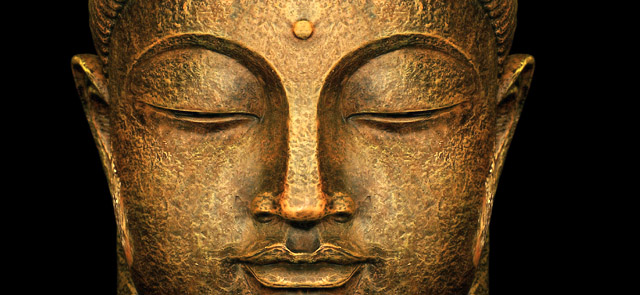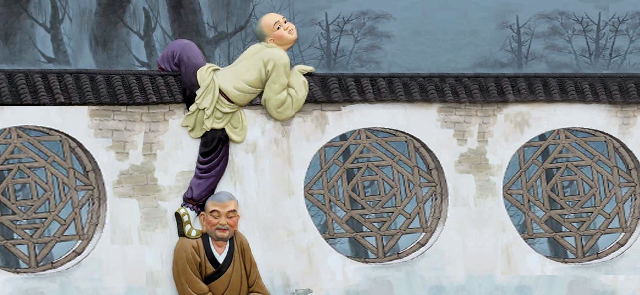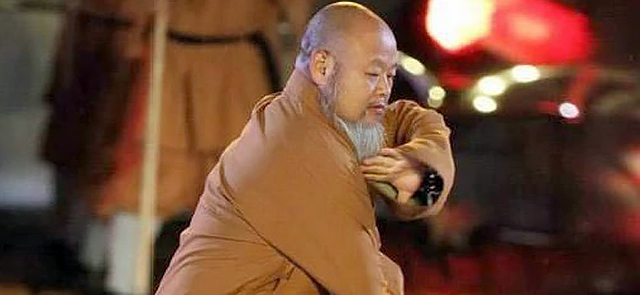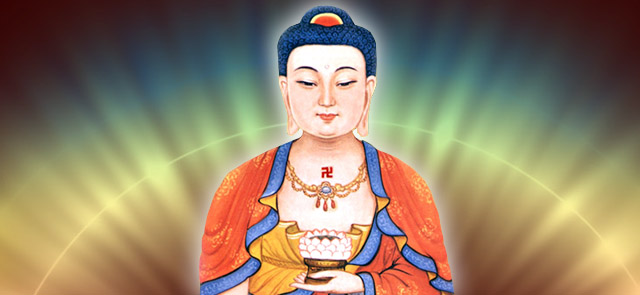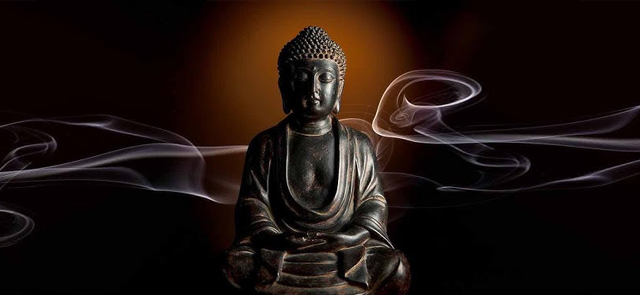Cultivation of benevolence [Chin.: cíxiūxíng 慈修行 | Sansk.: mettā bhāvanā] is an ancient Buddhist cultivation leading to the development of unconditional loving kindness and friendliness. The word ci – Metta means compassion , merciful , kind , or loving kindness; xi?xíng means cultivation or development.
Ci is something you feel in your heart [Chin.: Xīn 心]. It is a positive emotional state towards others as well as ourselves. Ci practice helps us:
1. Bring harmony into our lives and into our relationships with others;
2. Rid ourselves of conflicts, both internal and external;
3. Overcome lacerating guilt;
4. Open our minds and hearts to loving acceptance, both of ourselves and others;
5. Deepen our connections with all beings.
As a result of practicing Ci we become more empathetic, more considerate, more kind, more forgiving, and in general, more loving, friendly people.
In the Cixiuxing practice we’re cultivating love, or friendliness, or lovingkindness. Eventually we want to become like an emotional bonfire: a steady blaze of emotional warmth that will embrace any sentient being that we become aware of.
This is an attainable goal for every human being. All it takes is time and some persistent effort.
«It is the bounden duty of every human being to develop love towards other human beings.»Many supports that the Cixiuxing practice is in five stages; ourselves , a good friend , a “neutral” person - someone we don’t have any strong feelings for , a “difficult” person - someone we have conflicts with or feelings of ill will towards and all sentient beings.
Master Shi Yan Zhuo
«?ny kind of Cultivation starts from within; and spreads successively to all sentient beings.»In this meditation practice, we cultivate Ci towards ourselves, so that we experience less internal conflict, and learn to appreciate ourselves more. Cixiuxing brings more harmony into our relationships with others, so that we experience fewer conflicts, resolve existing difficulties, and deepen our connections with people we already get on with. It helps us to empathize more, and to be more considerate, kind, and forgiving. We can also learn to appreciate others more, concentrating more on their positive qualities and less on their faults.
Master Shi Yan Zhuo.
Cultivating emotions? This idea might strike some of us as being a bit odd: after all, don’t emotions “just happen”?
It often seems like they well up inside of ourselves unbidden, and come and go like the weather. A lot of the language we use to talk about emotions suggests a lack of control. For example, we “fall” in love, or we are “overcome” with anger, or we feel “depressed” [who’s doing the depressing], or we feel “overburdened” with stress.
From a Buddhist point of view it is not the case that emotions “just happen”.
Emotions are habits, and are actively created. It seems like they have a life of their own because we aren’t conscious of exactly how we create them. If we can bring more awareness into our emotional life then we can cultivate the emotions we want to experience [those that make us and others happy] , and discourage the arising of those we don’t want [those that make us unhappy and generate conflict with others].
We cultivate emotions all the time. This is a fact.
An example of how we unconsciously generate emotions is this: imagine you’re with a group of people, and you get to talking about all the things that are wrong with the world—hatred, war, intolerance, child-abuse, pollution etc. As the conversation goes on, and we get more and more involved, what happens? The chances are that we get angry, or depressed, or feel self-righteous. By focusing on things that anger or depress you [without creatively trying to see what you can actually do about these things], you cultivate these emotions.
Imagine if you did that with things that encouraged a sense of love and well-being? That’s what the Cixiuxing practice is about.
You can’t actually make emotions happen - all you can do is set up the conditions for them to arise and then see what happens.
It’s a bit like growing seeds. You can’t make a seed grow. All you can do is provide warmth, water, and soil, and then be patient.
In cultivating feelings of loving kindness we’re encouraging ourselves to wish others well. So how do we set up the conditions for doing this?
Emotional Awareness Exercise
The first things is to become aware of how we actually are feeling just now. This is essential groundwork.
Try this exercise:
1. sit quietly, and take your awareness into your body
2. relax
3. take your awareness to your heart area, and see what emotions are present
4. smile, and watch what happens
5. remember: whatever emotions you are feeling [good, bad, or even neutral] is fine. You can work with ? those emotions, and you can only start from where you are
6. bring yourself back to the outside world
When we do the first stage of the Cixiuxing practice we’ll begin with the above exercise. Having gotten more in touch with how we’re feeling [or having established that we’re not feeling much at all—which is pretty common] we can then begin to work with it.

